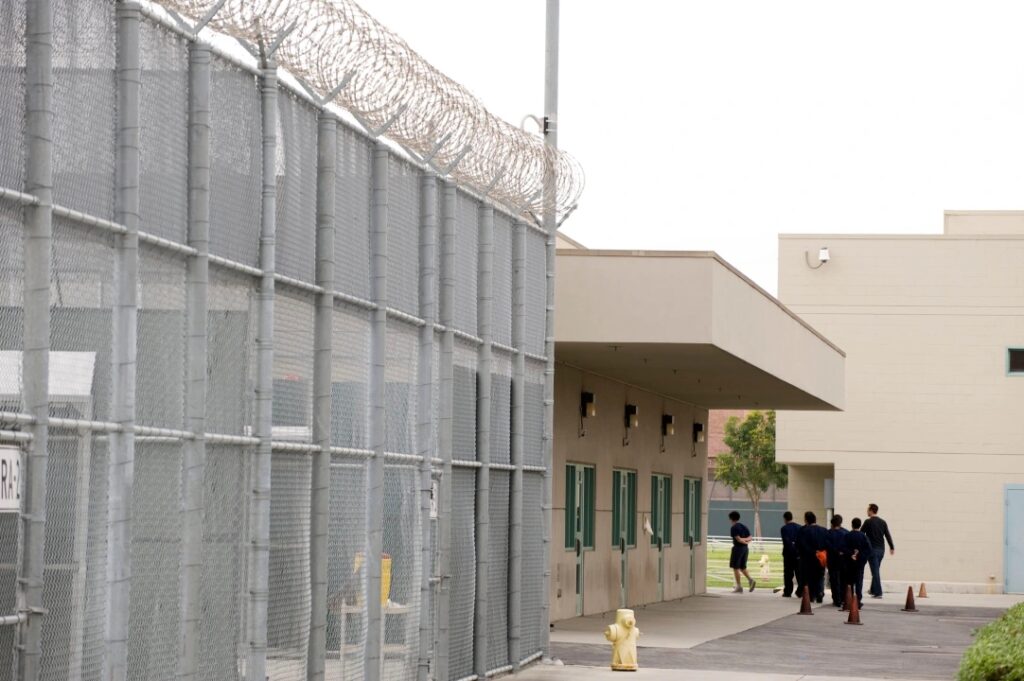
Few of us are experts on incarceration.
But we are the ones who pay for it. Who, nominally, at least, have hopes for it. That it keeps us safer. That it treats with some kind of dignity those who through either deep faults of their own or, as they say, extenuating circumstances, get caught up in it.
Shouldn’t we, the citizens and taxpayers, have the maximum opportunities to know how our jails and prisons are working?
For those of us who don’t spend a lot of time ourselves under the roof of The Big House, excellent journalism surely offers us the best way to get a good picture of life for prisoners.
As NPR host Ailsa Chang remarked the other day in a radio story about American prisons: “Something the lawyer and activist Bryan Stevenson said really stuck with me. He was talking about how if a society is going to incarcerate children, it should believe in their ability to change.”
And how can we hope to understand what, for instance, life is like for incarcerated children unless we allow reporters into our penal system to find out?
That’s why we stand in support of the California News Publishers Association and the California Broadcasters Association and Senate Bill 254, which would reopen access to the state’s prisons to the media.
We say “reopen” because the concept of allowing reporters more access to prisons and the imprisoned is not new — all this bill would do is bring us back the abilities we in the press had in our state until the mid-1990s.
State Sen. Nancy Skinner, D-Berkeley, who introduced the bill, also touts it as a move that would “open access to prisons for state legislators and other state officials in order to provide policymakers with the information they need for effective oversight.”
SB 254, which would also apply to local jails, “would also bring California back up to par with other states that provide both the media and public officials with greater access to their prisons, including Maine, Florida, and Rhode Island,” according to Skinner.
Access for reporters and lawmakers seems like a no-brainer to those who believe in the free flow of information. But to the governor and others during the “tough-on-crime” era of the mid-1990s, knowledge was not power. They saw the media telling what life was really like for prisoners as encouraging do-gooders to make life more cush for everyone from hardened convicts to short-timer jailbirds.
And they didn’t think that living the lush life was what doing time was meant to be.
So for almost 30 years state correctional authorities have had the ability to keep reporters out of prisons almost entirely through some of the strictest regulations in the country. We just don’t know what life is like inside without being able to talk to those who are there, and see for ourselves.
And it’s not as if the press associations with the help of legislators haven’t tried to get the onerous restrictions lifted. “Since 1998, there have been nine attempts by the Legislature to roll back CDCR’s 1996 regulations and restore media access to prisons. The Legislature passed all nine bills between 1998 and 2012, and each time the then-governors vetoed the legislation,” Skinners office reports. “SB 254 would be the Legislature’s 10th attempt at restoring media access to prisons. SB 254 would also apply to city and county jails because state realignment of prisons allowed for tens of thousands of incarcerated people to serve their sentences in local jails.”
The bill would allow reporters to tour prisons and jails and interview incarcerated people during prearranged interviews. It would allow the use video cameras and other recording devices, which are now mostly prohibited. It would prohibit prison and jail officials from monitoring interviews, which obviously could make prisoners reluctant to talk freely. It would protect jailbirds from being punished for participating in a news media interview. And, for the prisoners’ own protection, it would require officials to inform their attorney of record before a prearranged interview.
Pass and sign SB 254 for a more informed, more humane California.
